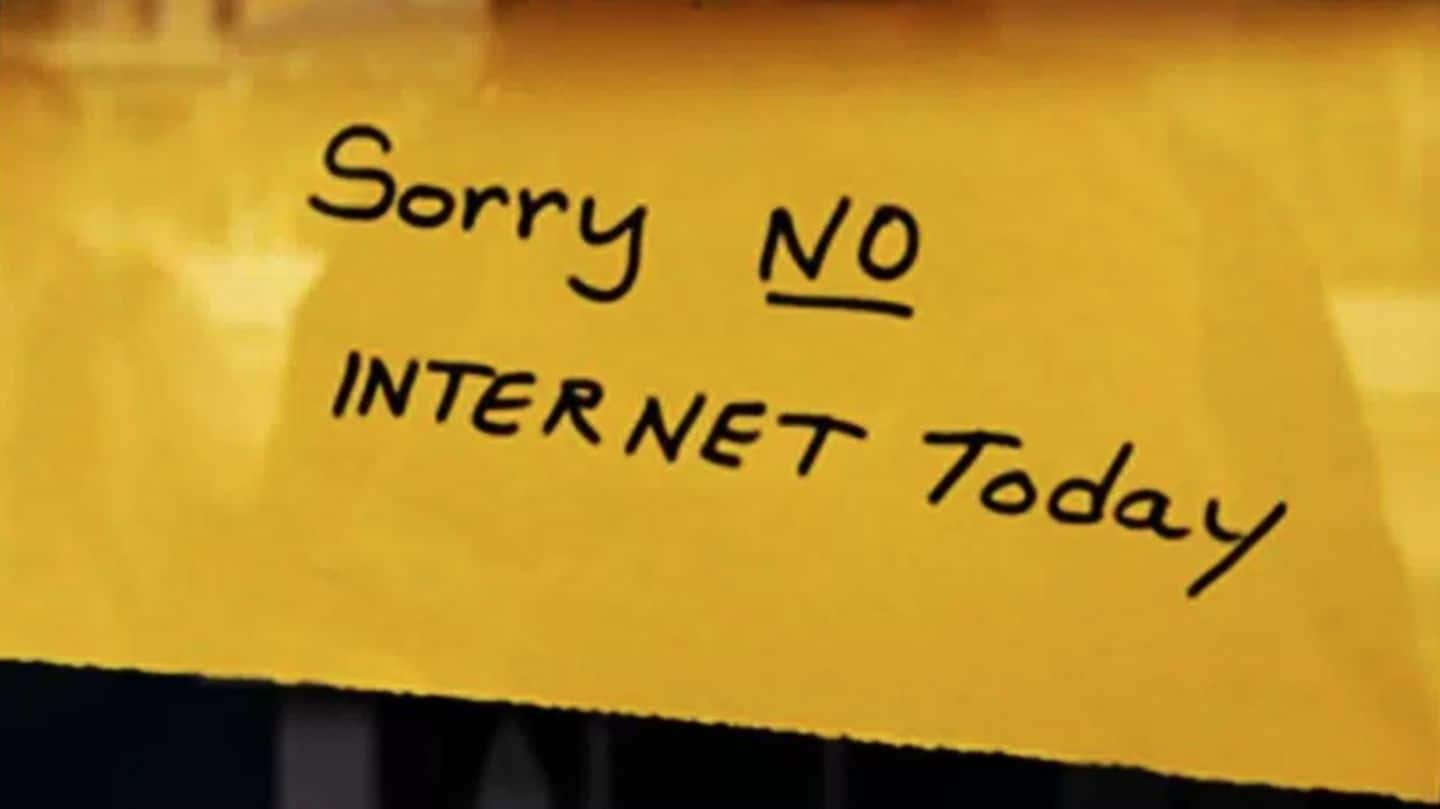
#GlobalInternetShutdown: You might not have internet access for next 48hrs
What's the story
A global internet shutdown is imminent over the next 48 hours as key domain servers will undergo routine maintenance.
The Internet Corporation of Assigned Names and Numbers (ICANN) will carry out the maintenance work, and transaction gateways and websites are expected to be affected.
The move comes amid a recent spike in cyber attacks.
However, a complete internet blackout is unlikely.
Here's more.
Maintenance
Details about the ICANN's maintenance work
The maintenance work to be carried out by ICANN involves the changing of cryptographic keys that help protect Domain Name System (DNS), which is the internet's address book.
According to the Communications Regulation Authority (CRA), the maintenance work is crucial for ensuring a stable, secure, and resilient DNS, and takes on particular importance given recent increases in incidences of cyber attacks.
Explained
Why the world might experience internet outages
Simply speaking, the DNS, which is maintained by ICANN, lists every web domain and enables web surfing by matching web addresses we enter on our devices to the correct domains in its directory.
Thus, when ICANN updates cryptographic keys for the DNS, the address book and its webpage directory will be unavailable.
Web pages might appear missing, or loading times might be very slow.
Caveats
The work will be carried out in batches
That said, ICANN's maintenance work is unlikely to result in a complete, global shutdown of internet services.
The maintenance work will be carried out in batches and thus, only certain websites, web pages, and web-based services will be affected at a time.
ICANN estimates the maintenance work to affect around 1% of internet users i.e. around 36 million people.
Quote
Whether you're affected might depend on your ISP
"To further clarify, some internet users might be affected if their network operators or Internet Service Providers (ISPs) have not prepared for this change. However, this impact can be avoided by enabling the appropriate system security extensions," said the Communications Regulatory Authority (CRA).